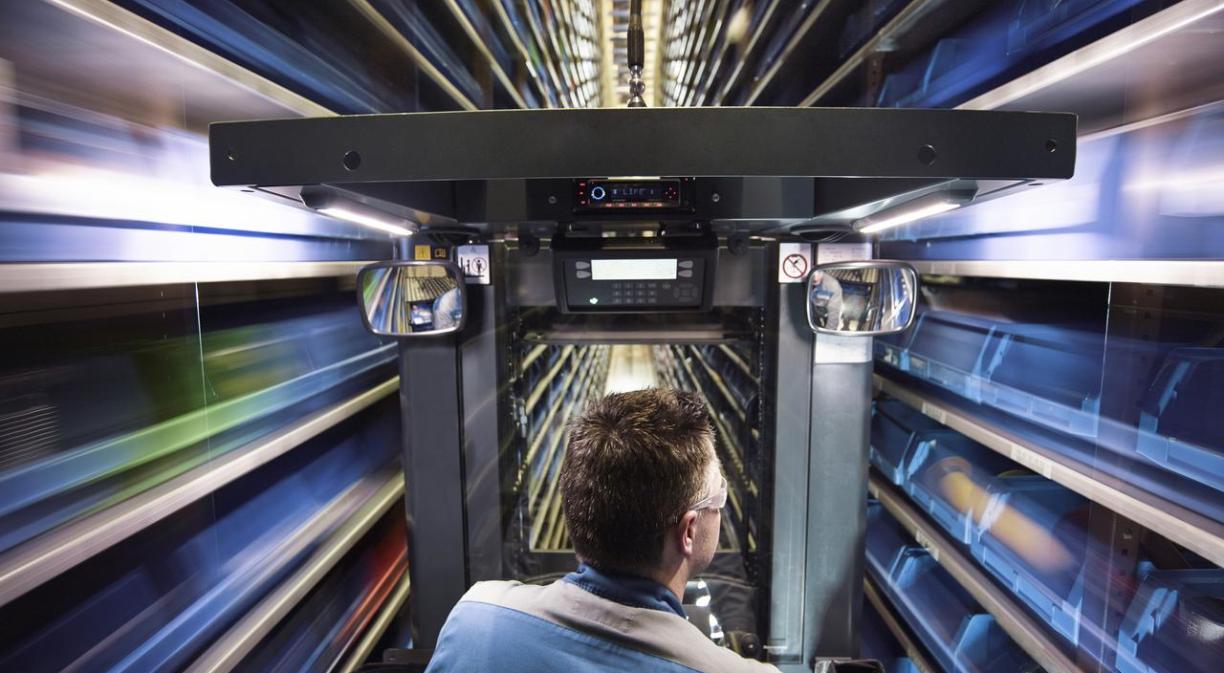Today’s global society is constantly on the move. In this context, Artificial Intelligence, AI, has opened up a range of possibilities for changing the course of logistics work systems. Thanks to the application of AI companies are turning their trading routines into proactive schemes, so that traders can anticipate market behaviours.
Consequently, logistics companies are adapting their resources to achieve greater profitability, efficiency, success and development.
Increased competition and collaboration to accelerate the sector
All developments linked to the incorporation of Artificial Intelligence in the logistics sector have been boosted by the momentum of various factors such as the increased level of competition in the market, which pushes logistics companies to invest in innovations such as this technology.
In addition, AI-based information exchanges have a direct effect on increasing collaboration between companies, creating new working relationships and more business opportunities.
However, the success of machine learning-based connectivity depends heavily on the discipline and skills of the workers.
What are the applications of AI in logistics?
The use of Artificial Intelligence in logistics is deploying some very significant applications that have revolutionised this industry.
Trend forecasting
Given the vast amount of data that can be collected from internet browsing and online shopping, it is not surprising that people’s consumption habits are identified, thanks to the use of other technologies such as big data analytics. In addition, with machine learning, machines can predict how and when consumers want to buy.
In the logistics context, demand forecasting allows companies to effectively control their entire inventory, thus adjusting to reality and boosting automation.
Automated warehouses
In automated warehouses, management software is combined with robotics, and the combination of both makes it possible to carry out product placement and transport operations autonomously. In this way, AI makes it possible to allocate the right resources to each of the activities that arise on a day-to-day basis.
In this sense, the use of Big Data is crucial in order to set up logistics in advance and prevent stock shortages, avoiding excess storage, thus reducing the use of resources.
Coordination and optimisation of transport
By using real-time, highly relevant data, AI allows exponentially more trips to be scheduled at the most appropriate times and the best routes to be chosen. A significant example is the company Alibaba. The company has been able to control delivery routes by improving efficiency, resulting in a 30% reduction in distance and a 10% reduction in vehicle usage. As a result, these planned delivery routes contribute to reducing the CO2 emissions associated with travel.
With this technology, it is also possible to control and visualise in detail all the journeys made by the goods, thus better managing the carrier’s time. All these practices can reduce the risk of errors, thus improving the competitiveness of companies.
Intelligent chatbots
Chatbots are already very relevant in the retail sector, and have created a personalised experience for customers. An intelligent chatbot has qualities that facilitate online shopping, and even assistance in physical shops. One example is IBM Watson’s EVA chat, implemented by Ripley. In just 4 weeks, this cognitive computing software was able to absorb the knowledge of the entire shop, and generate more than 53,000 interactions with real users.
Chatbots can learn languages and linguistic variations on their own, and generate knowledge from interactions, offering increasingly fluent conversations. According to a study published by Juniper Research, a bot of this type is able to save four minutes per interaction.
Support for multimodal transport
The future of logistics transport is multimodal, but building that future requires integrating complex management systems. AI already offers benefits to this seamless freight mobility ecosystem, including improved administrative burden for businesses, carriers and consumers.
Impact of Artificial Intelligence in the workplace
The implementation of Artificial Intelligence in logistics will have a major impact in the coming years. And its influence will be even greater in the following aspects:
- It will significantly increase the productivity of warehouses, especially those dedicated to online retail.
- In a few years, many warehouses will be fully automated and will increasingly have integral components linked to short- and medium-term forecasting.
- Supervisors and warehouse workers will need to be communicated and linked to technology to respond quickly to changes and disruptions.







